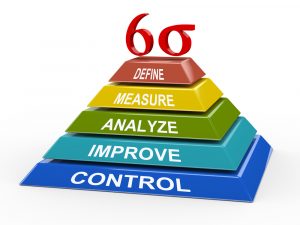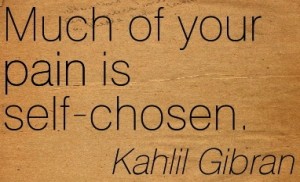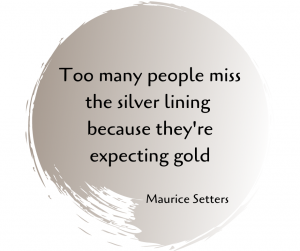Nothing changes until we do!
In a recent LinkedIn article, Ready for a Change? – I made the case for choosing change. On one level it’s selfish – I work with people and small businesses when they’re ready for a change.
On another level it’s in service to those clients, neighbours and friends who require change in their wider worlds. More on that later.
Navigating change, personally, professionally or systemically, requires safe spaces.

So whether that involves creating a safe space personally – by throwing off old habits, distancing yourself from the crazy-makers in your life or quieting your undermining self-talk (all three?) – the work begins when we make up our minds that the pain of changing outweighs the pain of staying stuck.
Or more eloquently – as pictured, it’s time to blossom.
Change in our work lives is no different, although creating this safe place is somewhat more fraught. It requires us to bring equal parts of self-confidence and humility to the process.
Unsafe at work may look like
- the boss is mad
- the workplace is intimidating
- I’m a payday away from disaster
Let’s accept that every situation is “out of our control” and all we can control is our reaction to it.
What if we agree that-
- the boss is mad! We might ask ourselves: Am I bringing my best self to each encounter? Am I consciously or unconsciously pushing his/her buttons? Have I even asked what they might be?
- the workplace is intimidating! Does my demeanour (fear, lack of confidence, reticence) inadvertently contribute to the dynamic? What changes in my response might change my experience of it?
- I am a payday away from disaster! How can I manage money more mindfully, get out of debt and expand my options?
These questions encourage a kind of archeology. Or as it’s called in 12 step rooms – a searching and fearless inventory. We’re not judging or chastising, we’re observing our patterns. Not for anyone else’s purposes – just our own.
Because-
- Every insight is power
- Every repaired or rejected relationship emboldens us
- Every safe place we create empowers us
Empowers us personally, professionally and should we choose to widen that sphere of influence – civically.
Back to what I meant by service.
Typically my clients (and often I) am stressed by failures in systems meant to support.
- Caregivers waste time, energy and resources navigating the social service and health care delivery systems. Should it require a whole day off to take you ageing mother or child to the doctor, or for a scan? Should you have to go on a day that suits the health service or on an appointment day of your choosing?
- Healthcare professionals are faced with uprooting themselves and their families while retraining or emigrating because working conditions have become too stressful, chaotic and in many cases dangerous.
- Financial institutions insistent that they “owe no duty of care” to their clients – exacerbate homeowners attempts to renegotiate indebtedness – causing unimaginable pressures on families.
- A culture of silence renders workplaces and schools inherently unsafe. Our default to, “sure you can’t change that”, “it’s always been that way” – allows for bullying, sexual harassment and exploitation.
Collectively more confident, we would be willing to speak out against systemic ills – without worrying about being labelled bold or cheeky.
Choose change, find your voice and take care to create safe spaces for yourself. Ask for help if you need to – just don’t go it alone!
Finding our voices simply means we willing to tell the truth. For more on what that would look like, I’ve profiled some ordinary citizen-activists doing just that in a blog post On Echoing Irish Voices Congruent with Irish Values.
The systemic abuses I was addressing were unique to the Republic of Ireland. The call to action is equally relevant to my Northern Irish, British and American colleagues where we face different, but equally concerning failures of leadership and governance.
Change is hard, #DontGoItAlone.
If supportive peer groups, workshops to help you gain clarity personally or professionally – learn more.
If you are passionate about driving civic and political change in service of the common good – get in touch.
 And in the business world the SixSigma process is the gold standard.
And in the business world the SixSigma process is the gold standard.



 Even with this proof, I rise every morning struggling to get out of the way of my willful, judging self.
Even with this proof, I rise every morning struggling to get out of the way of my willful, judging self.